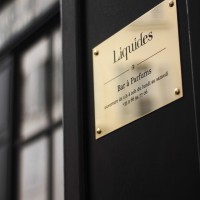
Liquides: Haute Parfumerie
24 July 2015
4 December 2014
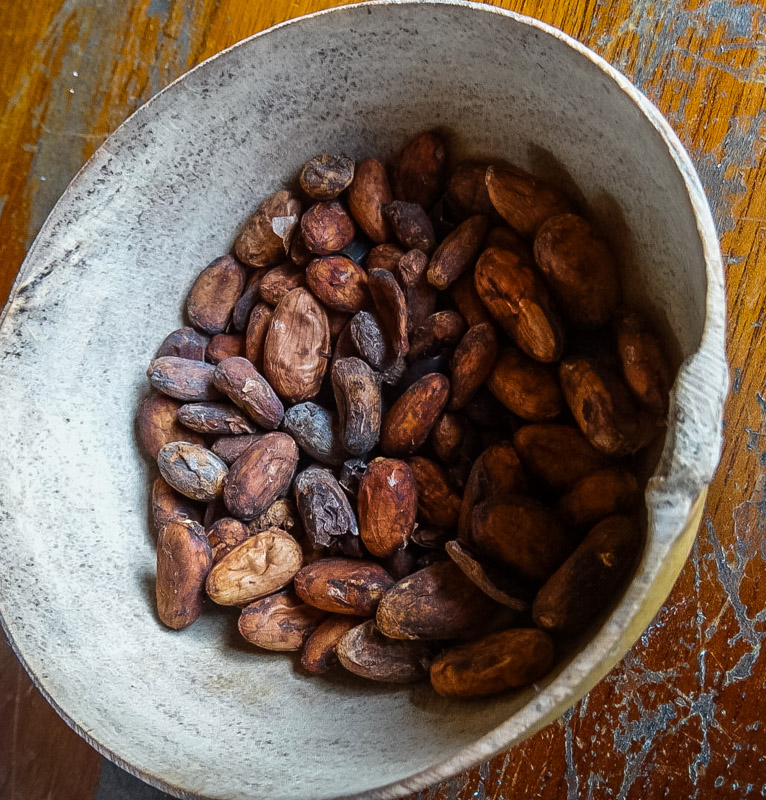
A modern and progressive nation, Ecuador is founded on a rich seam of friendly defiance; a spirit formed through generations spent in the shadow of volcanoes, in the blaze of equatorial sun, beneath the ebb and flow of clouds. Journey through this South American state and flashes of these elemental ingredients reveal themselves through the practices and produce of the Ecuadorian people. In the cloud forest of Mindo, just north of Quito, white fluffs cling to the tree canopy, slowly swelling to the point of precipitation, feeding the flora and fauna that live within. To the south, the clouds form garlands around volcanic peaks, fed by the vast lakes atop those long extinct and by the steam vents of those still active. Most iconic of the Andean avenue is Cotopaxi – “the neck of the moon” – the world’s highest active cone. Silent since 1904, fire still flows beneath its surface – and perhaps finds release in Ecuador’s traditional dress: earthy greens, browns and greys erupting in vibrant bursts of colour.
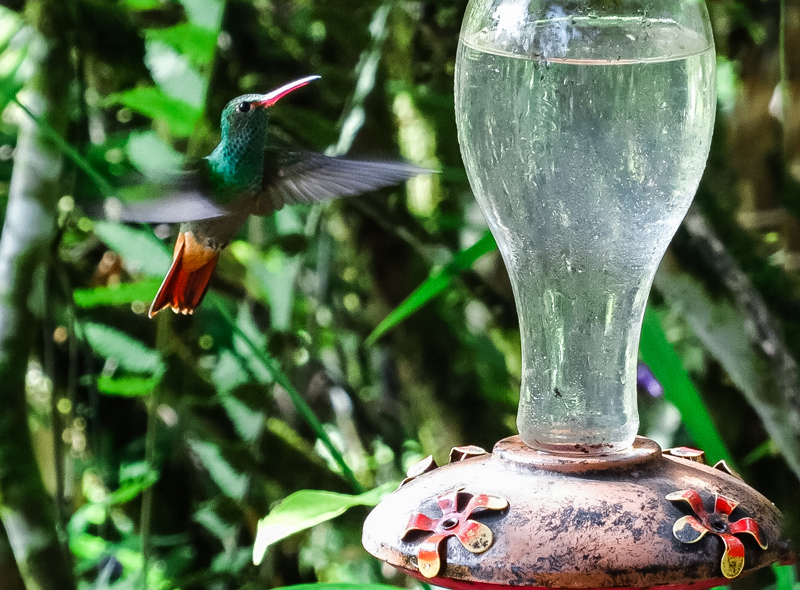
The stalls of Otavalo market are stacked high with proof of this love of clashing colours and, while a traditional style of dress is still seen amidst the Americana of larger cities, it’s out in the countryside that the look dominates. Maria, for example, lives on the slopes of the sierra, close to Cotopaxi. Surrounded by the functionality of her home – a traditional Quencha hut cut into the hillside – she stands ablaze in vivid shawl and heirloom beads. The same colours are echoed in the art of nearby Tigua: bright canvases of rural scenes or bold-patterned plates and bowls, pieces now popular the world over.
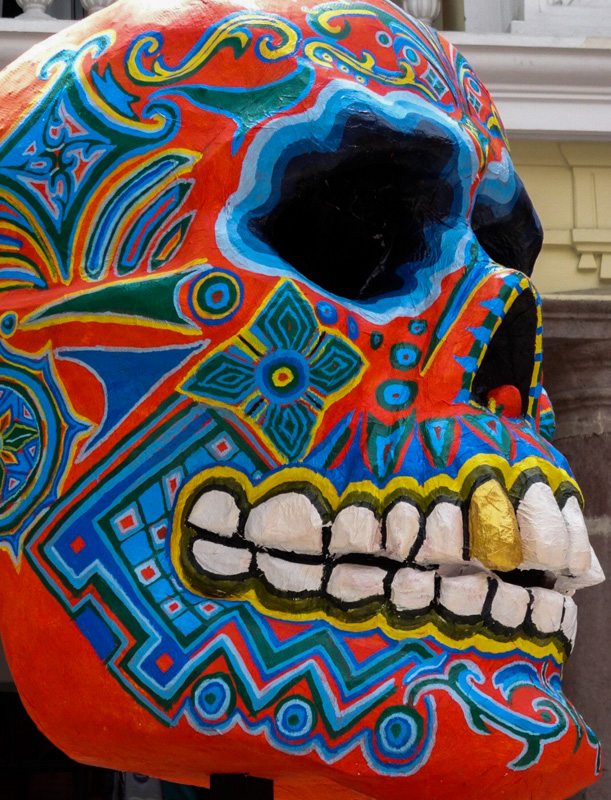
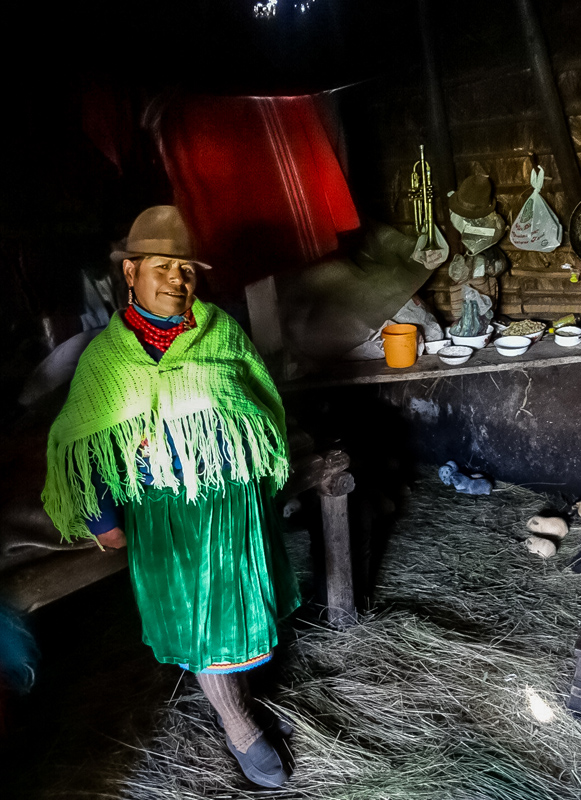
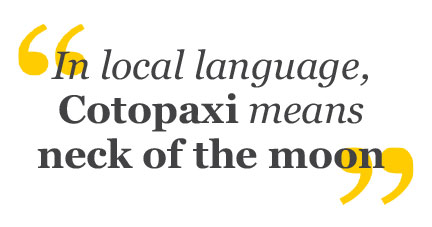
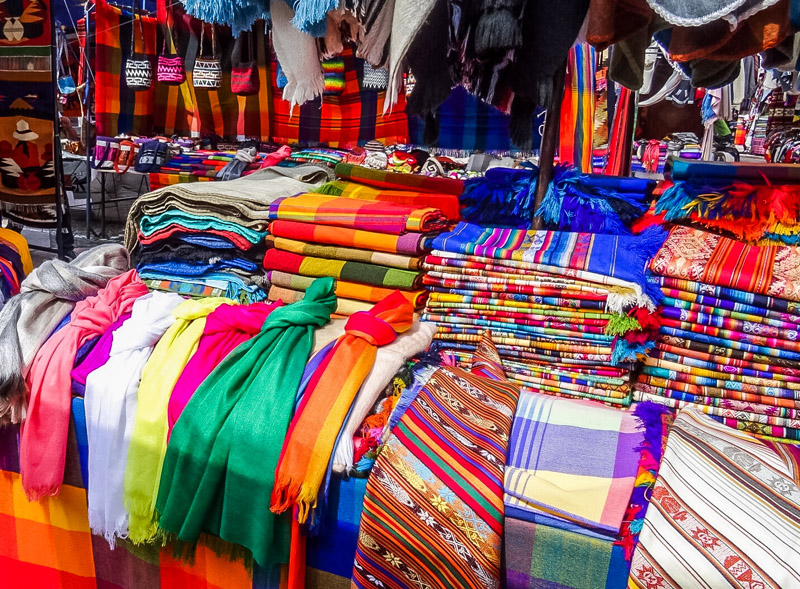
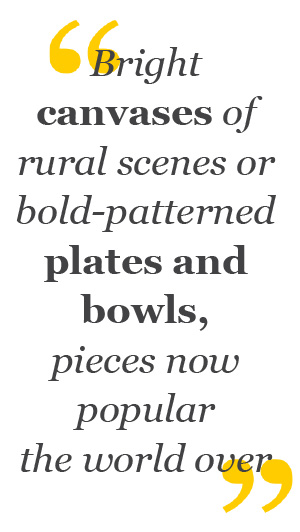
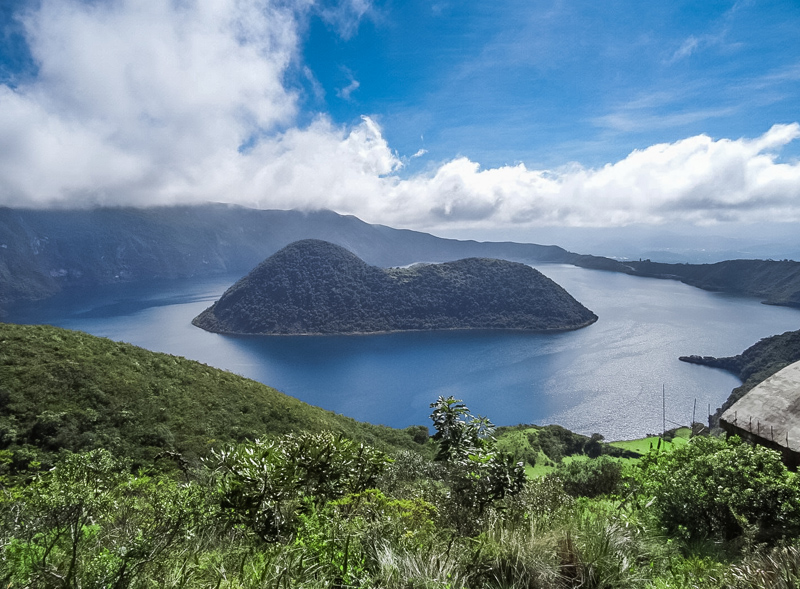
A modern and progressive nation, Ecuador is founded on a rich seam of friendly defiance; a spirit formed through generations spent in the shadow of volcanoes, in the blaze of equatorial sun, beneath the ebb and flow of clouds. Journey through this South American state and flashes of these elemental ingredients reveal themselves through the practices and produce of the Ecuadorian people. In the cloud forest of Mindo, just north of Quito, white fluffs cling to the tree canopy, slowly swelling to the point of precipitation, feeding the flora and fauna that live within. To the south, the clouds form garlands around volcanic peaks, fed by the vast lakes atop those long extinct and by the steam vents of those still active. Most iconic of the Andean avenue is Cotopaxi – “the neck of the moon” – the world’s highest active cone. Silent since 1904, fire still flows beneath its surface – and perhaps finds release in Ecuador’s traditional dress: earthy greens, browns and greys erupting in vibrant bursts of colour.
The stalls of Otavalo market are stacked high with proof of this love of clashing colours and, while a traditional style of dress is still seen amidst the Americana of larger cities, it’s out in the countryside that the look dominates. Maria, for example, lives on the slopes of the sierra, close to Cotopaxi. Surrounded by the functionality of her home – a traditional Quencha hut cut into the hillside – she stands ablaze in vivid shawl and heirloom beads. The same colours are echoed in the art of nearby Tigua: bright canvases of rural scenes or bold-patterned plates and bowls, pieces now popular the world over.

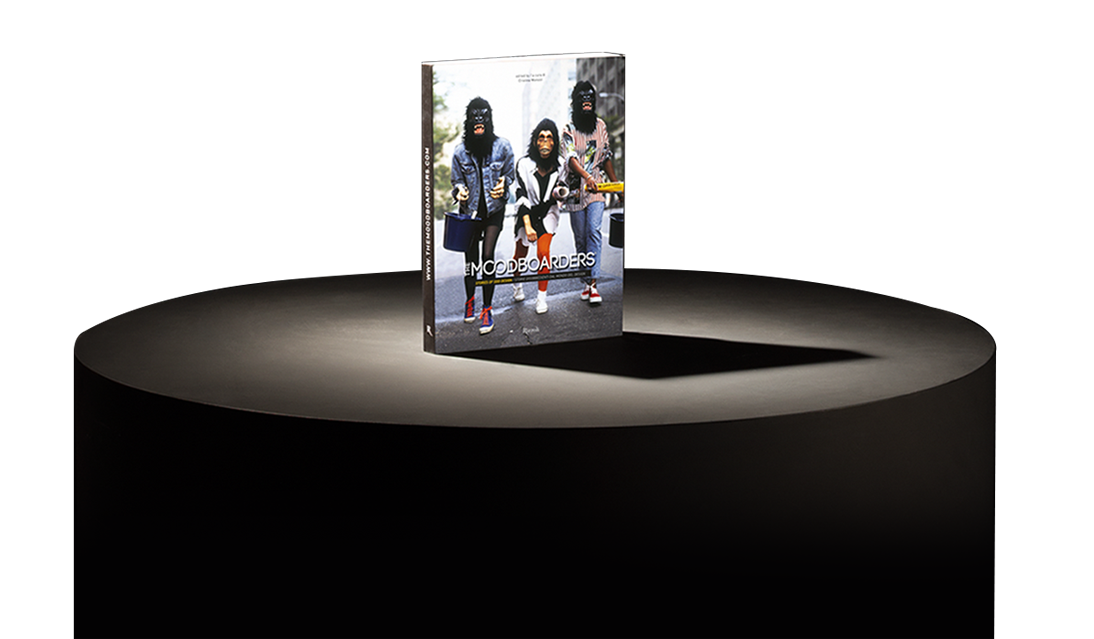

The Moodboarders is a glance into the design world, which, in all of its facets, captures the extraordinary even within the routine. It is a measure of the times. It is an antenna sensitive enough to pick-up on budding trends, emerging talents and neglected aesthetics. Instead of essays, we use brief tales to tune into the rhythm of our world. We travelled for a year without stopping, and seeing as the memory of this journey has not faded, we have chosen to edit a printed copy. We eliminated anything episodic, ephemeral or fading, maintaining a variety of articles that flow, without losing the element of surprise, the events caught taking place, and the creations having just bloomed.